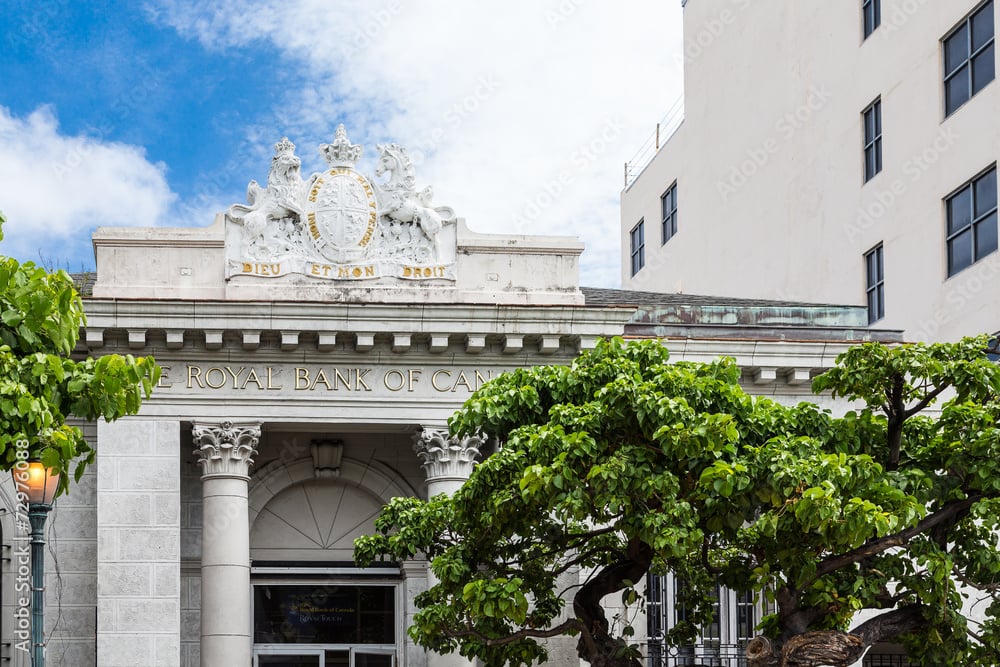'Urgent measures needed' as jobless rate hits 10 per cent
(Reuters) — France's new Socialist government is planning to ramp up the cost of laying off workers for companies in the coming months, its labour minister said on Thursday, after data showed the jobless rate hit the highest level this century at 10 per cent.
President Francois Hollande rode to power in a presidential runoff last month on a promise to tackle soaring unemployment, which has reached the highest level since 1999.
Polls regularly show unemployment ranking among the French's top concerns, adding pressure on Hollande as his Socialist Party seeks a majority in Parliament in a two-round legislative election on June 10 and 17.
The push to make firing more difficult in France, where making layoffs is already tightly regulated and often costly for employers, contrasts with moves under way in other eurozone countries such as Italy and Spain to make job cuts easier.
With the economy stalling, Labour Minister Michel Sapin said urgent measures were needed against unemployment and he aimed to put forward legislation after the summer break.
"The main idea is to make layoffs so expensive for companies that it's not worth it," Sapin said in an interview with France Info radio. "It's not a question of sanctions, but workers have to have compensation at the right level."
10 per cent threshold
Sapin, a former finance minister and long-time friend of Hollande, said the government could not stand by idly as some companies cut workers just to improve profitability and boost dividends to shareholders.
Industry Minister Arnaud Montebourg is also planning legislation that would force companies to sell plants they want to get rid of at market prices to avoid closures and job losses.
The government and unions are bracing for a wave of layoffs after the legislative election, fearing companies have put off job cuts until after the election period.
Data from the National Institute for Statistics and Economic Studies showed on Thursday that France's jobless rate hit the psychologically important threshold of 10 per cent in the first quarter of the year.
Unemployment in France has now risen even higher than in the wake of the 2008-09 financial crisis, rising from 9.8 per cent in the fourth quarter of 2011 to the highest level since the third quarter of 1999.
The rate for mainland France rose to 9.6 per cent from 9.3 per cent in the final three months of 2011 also to hit its highest level since the third quarter of 1999.
Sapin said in an interview with Les Echos business daily that the budget for state-aided jobs needed to be raised or else 112,000 jobs on such contracts could be put at risk in the second half of the year.
"That would be extremely harmful at a time when all resources need to be mobilized against unemployment," he said, adding the state-run jobs agency also needed more funds.
However, Hollande's government is facing growing pressure from the European Commission and ratings agencies to cut spending in order to meet public deficit targets as promised.
With the legislative election looming, the government is being careful not to spell out how it will keep its deficit-reduction plans on track until an independent audit of the public finances is handed in after the race.




